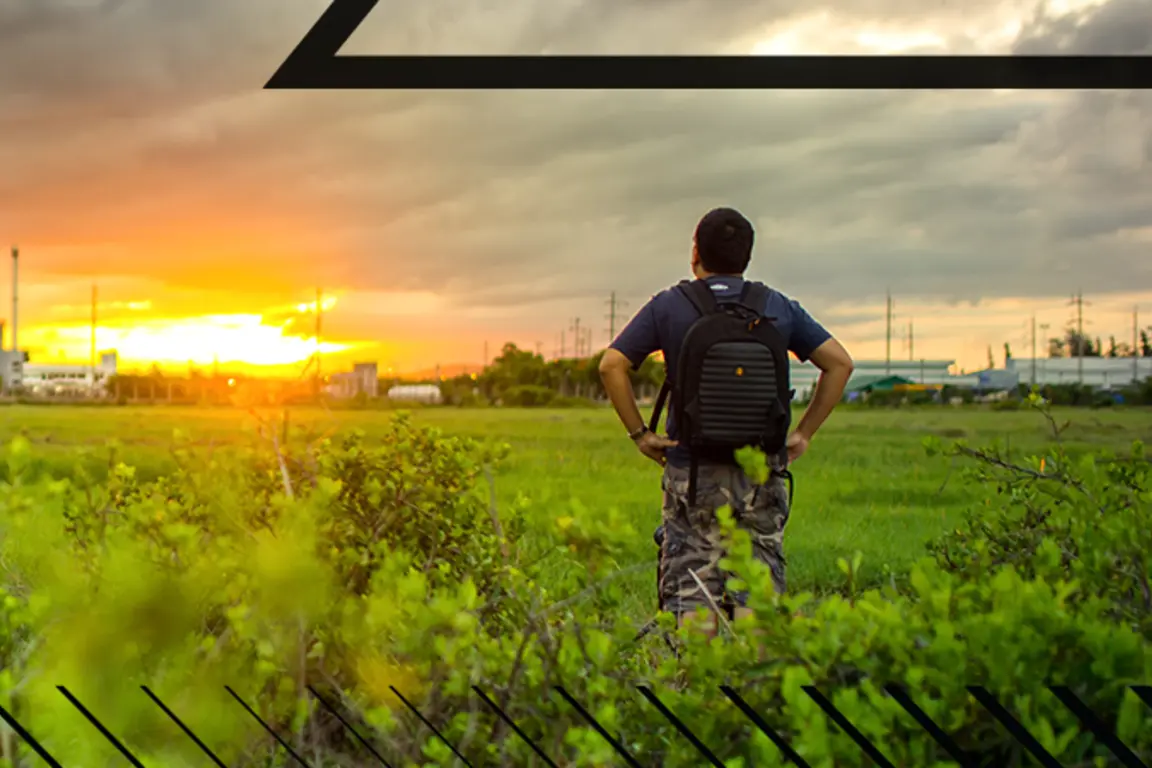Over the last few years, Make UK members have been working hard to cut their emissions and save energy. Here we bring together their inspiring stories of how they have achieved this through a mix of small, low-cost steps all businesses can take to those companies which have overhauled their operational processes completely with amazing results
ASSEAL
“Digitalisation has been very important to AESSEAL. They have a digital roadmap, use online quoting tools and are reducing site visits, along with paper consumption in favour of online promotional materials. To further bring the workforce on board, they are introducing internal carbon literacy training, mandatory for all branch managers, to provide workers with a sense of why their net zero efforts are important and how they can improve work in this space.”
Read the full case study >
Atec
“Their new roof-top solar panels will now see their use of grid electricity cut in half while adding another clean energy source to their local community. In 2021-2022, they reduced their emissions by 5% and are expecting a 10% overall reduction by 2024 through the implementation of energy saving opportunities identified for scope 1, 2 and 3 emissions, such as building staff awareness, better energy management and the replacement of heaters.”
Read the full case study >
Lush
“In 2000, the Dorset-based company invested in 6,000 hectares of degraded forest in Peru, kicked out illegal loggers and maintained a team of people employed to protect the forest, which is likely to have made their main UK business carbon positive in the last ten years. Their decarbonisation strategy to become net zero by 2030 is fully transparent and public, and based on three pillars: efficiency, electrification (or non-fossil fuels), self-generation.”
Read the full case study >
Numatic
“Their products have unbeatable performance with a 30% reduction in energy consumption whilst being built from sustainable materials. They also sit well in the circular economy model, diverting plastic from landfill or incineration. Numatic has achieved Zero Waste to Landfill since 2017, with sustainable product lifecycle practices, including remoulding and regrinding their plastic internally.”
Read the full case study >
TDP
TDP have pledged to be net zero carbon by 2040 and started reporting this year on their emissions. They have a publicly available carbon management plan and are aiming for 10% reduction in year 1. They also challenge the ‘take-make-discard’ model by supporting the circular economy in keeping resources in the value chain. TDP’s fully closed loop recycling programme for plastic offcuts takes these offsite for processing and 100% recycling.”
Read the full case study >
Warren Services
“Emissions by unit of production decreased by 75% over the 8 years to 2023. Despite the cost, it has secured substantial reductions to their energy bills, solar has paid for itself and generates a ‘reasonable’ pay back. Importantly, it has boosted their reputation and helped secure contracts, such as a £2m deal to supply tree guards, where sustainability was a key factor in the award.”
Read the full case study >
AJ Wells & Sons Ltd.
“AJ Wells & Sons Ltd stoves are among the most environmentally friendly appliances available on the market, using the very latest combustion technology. They are designed to last and we ensure that spare parts are available so that they can nearly always be repaired.
Read the full case study >
David Nieper
Read the full case study >
Crystal Doors
“By taking advantage of the Renewable Heat Incentive (RHI) Crystal Doors generated £60,000 worth of heat, enough for our factory and our offices. Dedicating 10% of our turnover over 5 years enabled us to invest another £1 million in assets, training and other improvements. This may sound a significant outlay but most of these investments are actually cash flow neutral or positive. As a result of our low-scale environmental initiatives, we have reduced our carbon footprint by over 75% since 2015 and will become Net Zero in less than 2 years.”
Read the full case study >
Connected Energy
Read the Recycling Lives case study >
Read the Hethel Engineering centre case study >
Read the Dundee City partnership case study >
Atlas Copco
Case Study One
“The use of Atlas Copco’s compressor system audit and equipment upgrade ensured our customer, an award-winning, precision polyurethane moulding manufacturer, achieved two thirds of energy reduction amounting to £14,554 savings per annum together with an estimated return on investment payback of just 1.5 years. The company’s carbon footprint was reduced by 60 tonnes per annum.”
Read the Atlas Copco case study one here
Case Study Two
“When another of our customers, a design-led steel fabrication company, replaced its existing compressor installation with an Atlas Copco unit to sustain the air supply of its state-of-the-art Computer Numerical Control (CNC) machining operation, it also gained the benefit of annual energy savings in the region of 51%.”
